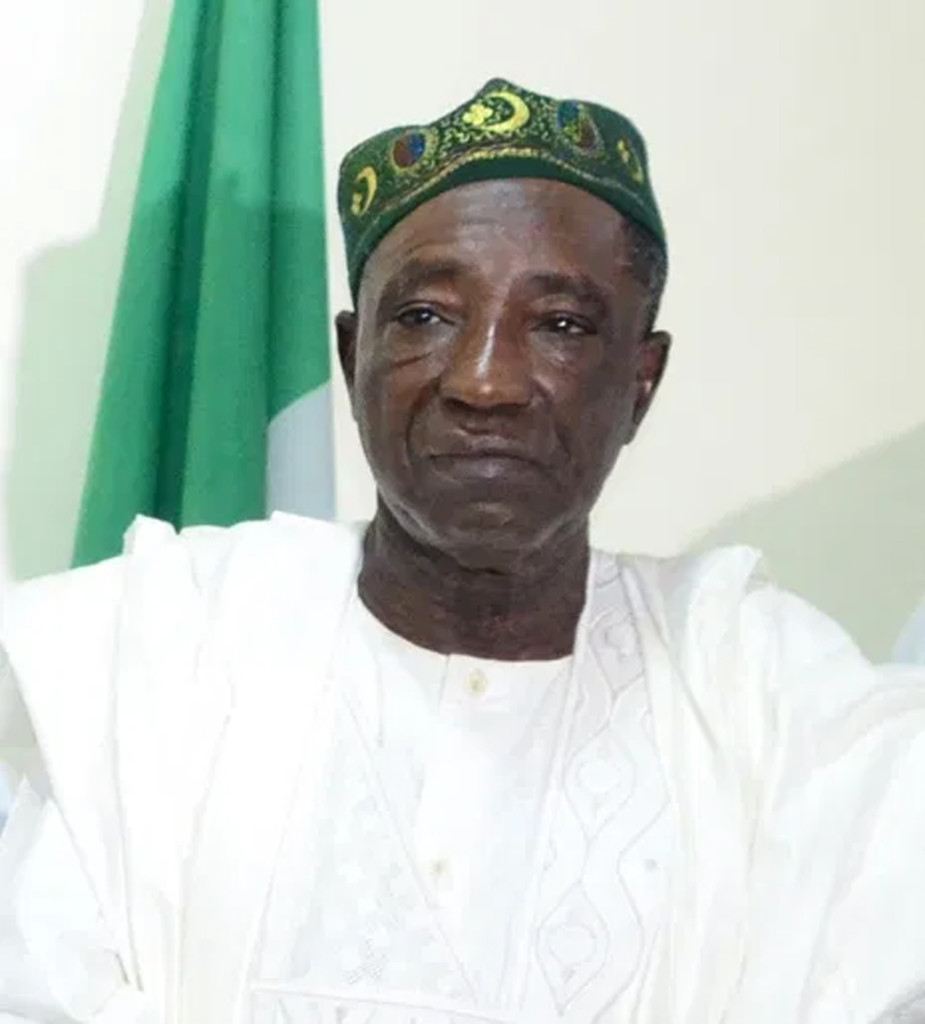

Says $5bn worth of food imported annually
Laments neglect of livestock sector
By Gabriel Ewepu and Fortune Eromosele – Abuja
The Minister of Agriculture and Rural Development, Mohammad Nanono, Tuesday, disclosed that Nigeria’s dairy product importation stands at $1.5 billion.
Nanono revealed this during the ‘National Dairy Policy Stakeholders Engagement’ held in Abuja, where he pointed out that the Nigerian dairy industry is largely subsistent and consists of local milk production, importation, processing, marketing, and consumption.
According to him, the consumption of aggregated and bulked milk is less than 20 per cent of the local potential, which he also made it known that Nigeria’s milk production accounts for only 13 per cent of total West African production of the commodity, while the country produces 0.01 per cent of global dairy output.
He said: “The per capita consumption of milk is eight litres per year representing very low consumption levels when compared with the global averages of 44 litres of milk.
“Consequently, the long neglect of the livestock sector has put a lot of burden on the import bills of the country.
READ ALSO: Enugu students, widows, entrepreneurial group laud Gov. Ugwuanyi’s development strides
“About $5 billion worth of food is imported yearly into the country out of which milk and dairy products account for about $1.5 billion. Hence, the annual dairy consumption is met by 60 per cent imports and 40 per cent local production.”
Meanwhile, the Minister disclosed efforts made by his Ministry to enhance the growth of dairy products as it presently collaborates with the Federal Ministry of Industry Trade and Investment, Raw Material Research Development Council, Central Bank of Nigeria (CBN), Federal Ministry of Finance, Budget and National Planning and the private sector to promote and develop the local dairy industry.
“This will facilitate the process of evolving a National Dairy Policy that will articulate a clear road map and strategies for the attainment of our development aspirations in the dairy industry”, he added.
He also promised that at the ‘Wider Stakeholders’ meeting, inputs from all angles on policy document will be forwarded to the Federal Executive Council (FEC) for approval with a subsequent presentation to the general public for guidance.
The Minister assured that the Ministry is committed to ensuring sustainable access to inputs availability and affordable quality food for all Nigerians as there are efforts to boost food production, productivity in the dairy sector to ensure food security and self-sufficiency.
Speaking in the same vein, the Minister of Industry Trade and Investment, Otunba Adebayo, reiterated that the essence of the policy is not to puncture the existing success recorded in the dairy industry but rather strengthen it.
Adebayo, who was represented by Deputy Director, Agro Allied and Gender Desk, Federal Ministry of Industry, Trade and Investment, Achilam Fidel, added that the dairy industry is one of such sub-sectors the nation can effectively leverage to diversify the economy, noting that the dairy policy document is consistent with the Nigerian Industrial Revolution Plan, NIRP.
However, the Minister lamented that Nigeria has a cattle stock of over 20 million cows but only 2.3 million are utilized for large-scale dairy production, producing an average of 0.8 liters from cows daily.
According to him, the country’s estimated annual production stands at 672 million liters of milk, as against an annual demand of 1.6 billion liters, which obviously cannot meet the local demand of the commodity.
However, he assured that the federal government will consider and harness the inputs, observations, contributions arising from the engagement with a view to taking a position that will be in the best interest of the dairy industry and the economy in general.
Also in a goodwill message, the Governor of Central Bank of Nigeria, CBN, Godwin Emefiele, represented by Anthony Ifechukwu, Special Adviser to the CBN Governor on Development Finance, asserted that the federal government is interested in dairy products that would be driven by the private sector in the country.
“We are committed in supporting the financial sector of the Agric Ministry. This reveals we have the Agric Sector at heart”, Emefiele stated.
Earlier, in a keynote address, the Permanent Secretary, Federal Ministry of Agriculture and Rural Development, Ernest Umakhihe, maintained that the National Dairy Policy comes at a time for Nigeria to not solely depend on oil for its revenues but also consider dairy and livestock production for revenue generation.
“The approach is to significantly reduce livestock and livestock products imports and at the same time stimulate exports to earn the much needed foreign exchange.
“Presently, we are very far from meeting national sufficiency in dairy production in particular, and therefore spend huge amounts on importation of dairy products to bridge the huge gap between supply and demand.
“Successive Administrations had made efforts to close the gap through programmes such as Dairy Development Programme, National Livestock Breed Improvement Programme among others thus creating opportunity for private sector participation.
“The proposed policy, therefore, is to give defined direction for the country’s dairy industry where all players at whatever scale will be expected to abide by rules of operation, in terms of production, processing, and marketing of dairy products in Nigeria”, Umakhihe said.
The post Nigeria’s dairy product importation stands at $1.5bn — Nanono appeared first on Vanguard News.
https://ift.tt/3wggSqs by Lawal Sherifat via Vanguard News Albert Einstein Fools of Fortune
Comments
Post a Comment